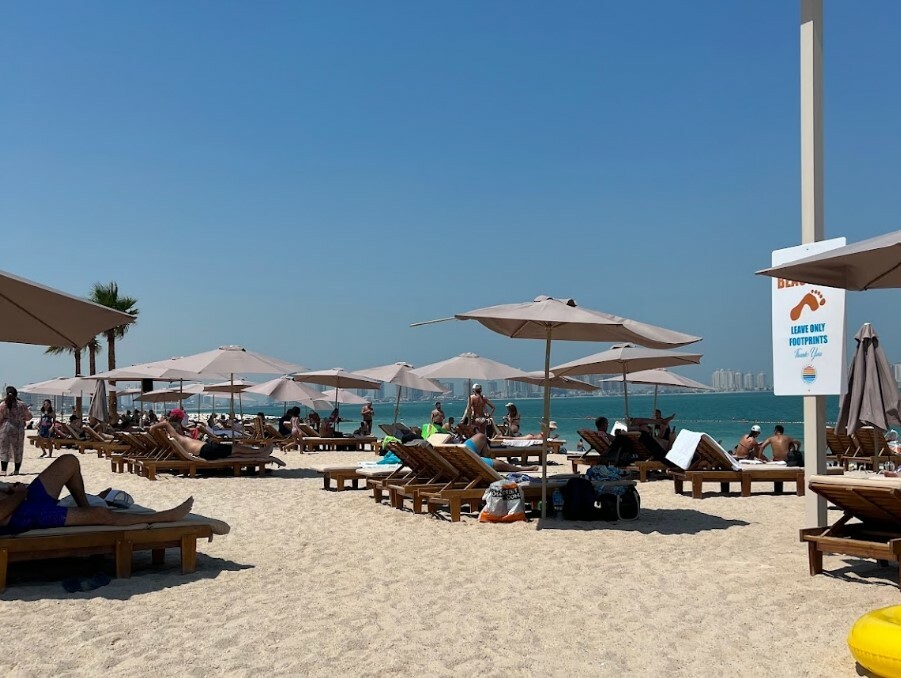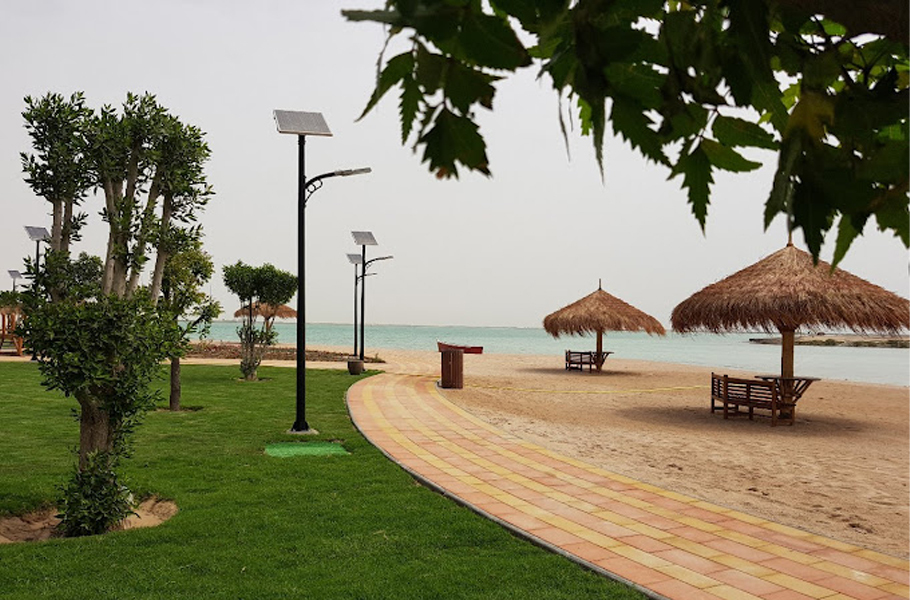[ad_1]
Despite the widespread use of the practise, only four of the companies disclosed the discovery of recruitment fee payments from their interviews with employees.
Qatar’s hospitality sector has become overall more transparent since last year, according to a recent report by the Business and Human Rights Resource Centre, which also found most major brands in the Gulf state’s hotel industry have “limited understanding” of recruitment fee issues and how to tackle them.
In its research on worker recruitment fees in the hotel industry, the centre said ten brands revealed at least one labour supplier or recruitment agency, and four brands revealed discovering instances of fee payments.
In contrast to only four brands in 2021, ten of 14 brands named at least one employment agency or labour supplier. The brands are Accor, Ascott, Deutsche Hospitality, Four Seasons, Kempinski, Millennium, Minor, Radisson, Retaj, and Whitbread.
“This is a crucial step in the right direction as disclosure of business relationships is at the core of corporate transparency, signalling preparedness by the brands to be scrutinised by investors, rights groups, unions and other stakeholders,” the centre said.
The Employer Pays Principle, human rights due diligence procedures, fee payments, and the size and breadth of their business in Qatar and during the World Cup were among the six questions that the Business and Human Rights Resource Center posed to 30 hotel brands.
All of the 115 hotel properties in Qatar represented by these 30 brands will be fully booked by November. Out of the 30 companies that were surveyed, 14 brands responded.
However, only two – Radisson and Kempinski – have a public policy aligning with the Employer Pays Principle, while only the Four Seasons and Radisson have committed to publicly disclosing and correcting incidents of recruitment risks and fee payment discovered during the World Cup.
While the majority of competing brands asserted to have EPP-compliant policies, none of them offered proof.
To discover fee payments, brands have increased their direct interactions with employees. Compared to just three hotel brands in 2021, nine brands claimed that employees were interviewed at least once during the recruitment process.
Despite the widespread use of the practise, only four of the companies disclosed discovering recruitment fee payments from their interviews with employees.
Even though it is prohibited in Qatar, workers claim to have made payments ranging from $500 to $2,360 just to have a job in the Gulf state.
In a testimony for the report, a Bangladeshi concierge said “I was hired directly in Qatar. I did not use an agency. When I transferred from my old company to this, the old company took money from me, to release me. But, this money was not required for the transfer.”
As a result, the majority of them have debt they are unable to repay, which causes financial struggle and in some cases even drives to severe mental health issues, as well as suicide.
The sector has come under fire for “inadequately” overseeing and compensating employees.
Responding to the report, a Qatari government official said Doha “has done more than any other country in the region to improve workers’ right”.
“In accordance with international standards, new laws have been introduced to prevent abuse and exploitation in our labour market. The number of offences has declined year-on-year as enforcement measures take hold and compliance increases among employers,” the official said in a statement to Doha News.
“It is illegal for companies in Qatar to charge recruitment fees or related costs. The government has worked with labour-sending countries to open 20 specialist recruitment centres in eight countries to regulate the recruitment process and make deployment procedures faster and more transparent.”
“Plans to open recruitment centres in several other countries are at an advanced stage. With new laws in place, the responsibility also rests with companies operating in Qatar, both local and international, to ensure they comply with the new standards.”
“The government also works intimately with the business community and has launched several initiatives to ensure all operators understand their legal obligations, and workers are aware of their rights,” the statement said.
“Qatar has repeatedly said that systemic reform does not happen overnight and shifting the behaviour of every company takes time. The reality is that no other country has come so far so quickly,” it added.
The report concluded by urging the sector to improve due diligence and partner monitoring, in addition to committing to worker compensations, and increasing transparency through proper annual reporting.
“These findings together suggest the interviewing process for most hotel brands needs strengthening to ensure workers who cite fear and intimidation are able to give voice to their experiences of the recruitment process, including being required to pay illegal fees,” the report reads.
[ad_2]

















Leave a Reply